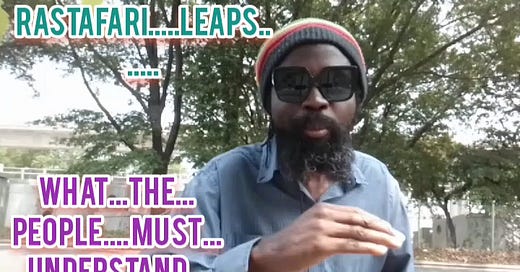Corruption. It's a word we often hear, tossed around in news headlines about shady deals, political scandals, and misused funds. But beyond the buzzwords and sensational stories, lies a complex and deeply damaging phenomenon that affects every single person, regardless of background or location. To truly combat corruption, we need a deeper understanding of its nature, its consequences, and what we can do to fight it.
More Than Just a Bribe: The Many Faces of Corruption
We often picture corruption as a simple exchange – a briefcase full of cash offered in exchange for a favor. While bribery is certainly a part of it, corruption is far more insidious and multifaceted. It encompasses:
Abuse of Power: This includes actions like embezzlement, extortion, cronyism (favoring friends), nepotism (favoring family), and patronage (rewarding political supporters). Essentially, it’s leveraging a position of authority for personal gain, even if no money changes hands directly.
Lack of Transparency and Accountability: Corruption thrives in darkness. Opaque processes, weak oversight, and a lack of accountability mechanisms create opportunities for abuse and prevent wrongdoers from being held responsible.
Influence Peddling: This involves using one's influence to gain an unfair advantage, often through lobbying or backroom deals, bypassing fair competition and undermining the integrity of decision-making.
The Ripple Effect: Why Corruption Matters to You
Corruption isn't just a "government problem" or a "business issue." Its consequences ripple through society, impacting everything from economic stability to public safety. Consider these ramifications:
Economic Stagnation: Corruption distorts markets, discourages investment, and hinders economic growth. Funds that should be used for development are siphoned off, leaving countries poorer and less competitive.
Erosion of Public Trust: When citizens see their leaders enriching themselves at their expense, trust in government erodes, leading to disengagement, apathy, and even civil unrest.
Inequality and Poverty: Corruption often exacerbates existing inequalities, benefiting the wealthy and powerful while leaving the vulnerable and marginalized even further behind.
Weakened Public Services: When resources are diverted, essential services like healthcare, education, and infrastructure suffer, negatively impacting the quality of life for everyone.
Environmental Degradation: Corrupt officials may turn a blind eye to illegal logging, pollution, and other environmental crimes in exchange for bribes, jeopardizing the planet's health and future.
Organized Crime and Instability: Corruption provides fertile ground for organized crime, terrorism, and other forms of instability, as it enables illicit activities to flourish and weakens the rule of law.
The Fight Against Corruption: A Collective Responsibility
Combating corruption is not just the responsibility of governments and anti-corruption agencies. It requires a collective effort from individuals, businesses, and civil society organizations. Here's what we can all do:
Demand Transparency and Accountability: Hold our elected officials and public servants accountable for their actions. Demand transparency in government spending, procurement processes, and decision-making.
Support Independent Media and Investigative Journalism: A free and independent press plays a crucial role in exposing corruption and holding power to account. Support organizations that are committed to uncovering the truth.
Promote Ethical Business Practices: Businesses should adopt and enforce strong anti-corruption policies, refusing to engage in bribery or other unethical practices.
Educate and Empower Citizens: Raise awareness about the dangers of corruption and empower citizens to report suspicious activity and demand change.
Strengthen Civil Society Organizations: Support organizations that are working to promote good governance, transparency, and accountability.
Embrace Whistleblower Protection: Encourage and protect individuals who come forward with information about corruption.
Building a Better Future
Corruption is a global challenge that knows no borders. It undermines our institutions, weakens our economies, and erodes our trust in one another. By understanding the true nature and devastating consequences of corruption, we can collectively work towards a more just, equitable, and sustainable future for all. It's a fight worth fighting, a future worth building.













Share this post